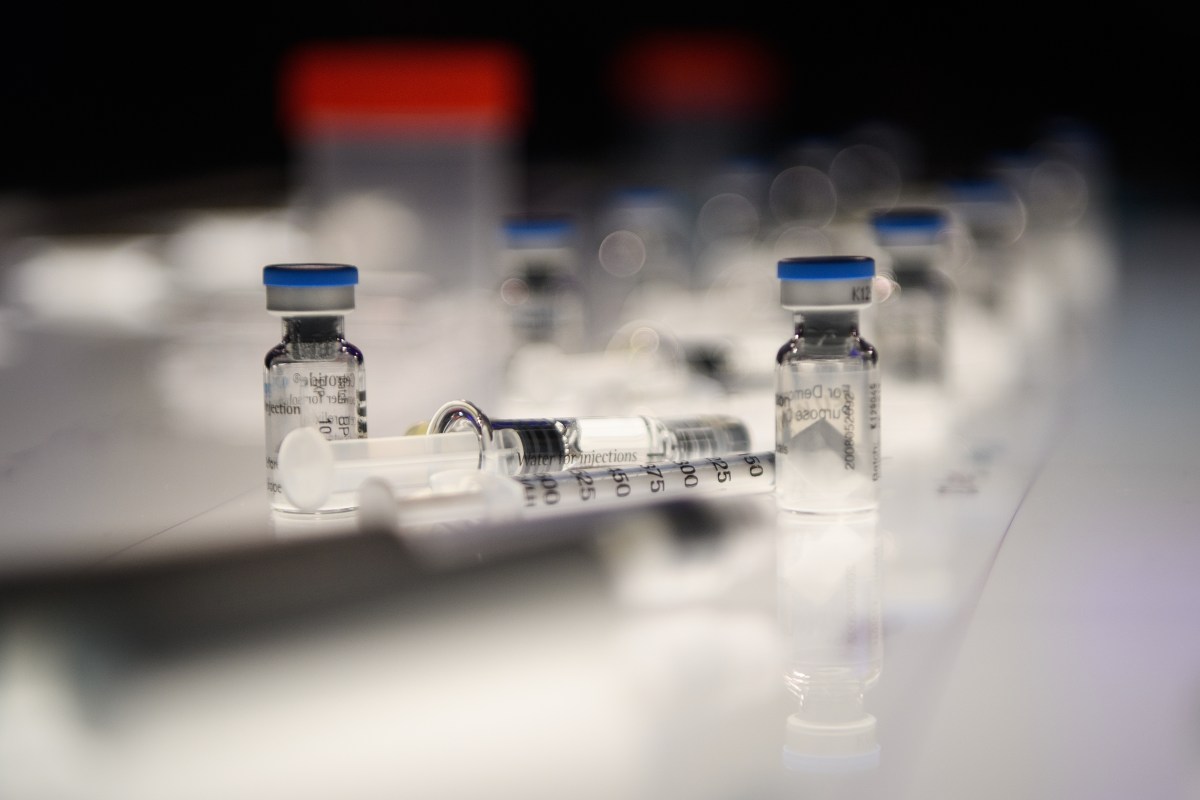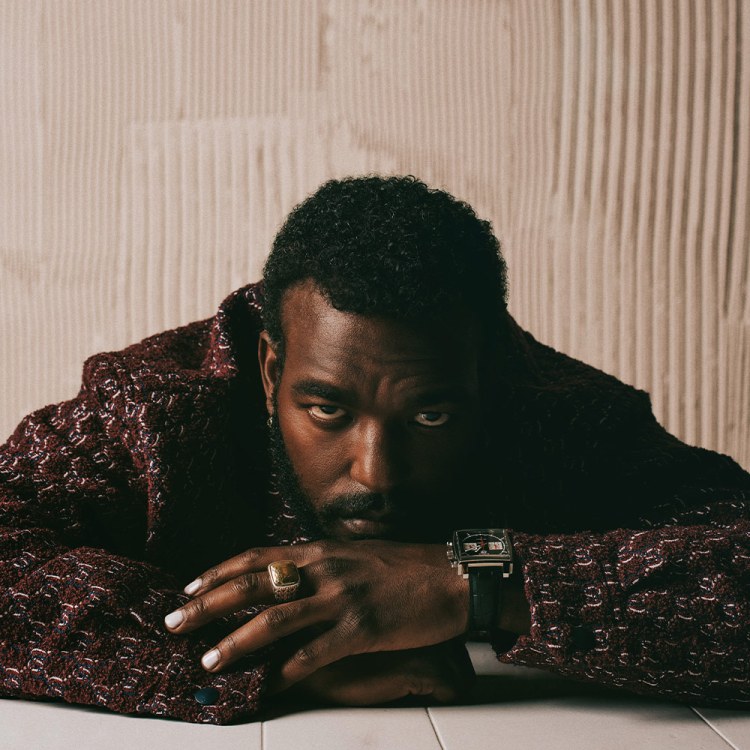Advancements in fertility technology have made it possible for many individuals to become biological parents. Unfortunately for some of those individuals, those same advancements have also left the process of becoming a parent vulnerable to human error.
That’s what happened to one couple who is suing a now-defunct fertility clinic in Connecticut for using the wrong sperm, Daily Beast reported.
Back in 2015, the couple underwent in-vitro fertilization at CT Fertility in Trumbull. The couple used the husband’s sperm and donor eggs to successfully conceive their first child, according to court papers.
When the couple returned in 2017 to conceive their second child, however, they weren’t so lucky. When the child, conceived using leftover eggs from the previous in-vitro treatment, was born in August 2018, the plaintiffs noticed that the new baby did not resemble his older sibling, and “appeared to have much darker skin pigmentation,” the suit claims.
A few months after the birth, the couple’s suspicions were confirmed after a DNA test revealed the two children are not full siblings, and the husband is not the second child’s biological father.
“As a result of what has occurred, the plaintiffs are left with potential life-long haunting uncertainties regarding their second-born son… and unknowns about what happened to their genetic material and where their genetic material ended up,” claims the suit.
The couple has since moved to London, where, according to the suit, they still face “ignorant and cruel harassment” including “questions and suspicions regarding who the child’s real father is and even whether the plaintiff mother had an affair.”
The plaintiffs have reportedly requested that the case be sealed to protect their child, which the clinic has objected on the grounds that the move would lead to jury prejudice.
According to the defendants, if anonymity was granted, “the court would elevate the air of stigmatization in the case to something more serious than the actual allegations plead,” reported Daily Beast.
A judge has yet to rule on the matter.
Thanks for reading InsideHook. Sign up for our daily newsletter and be in the know.


















